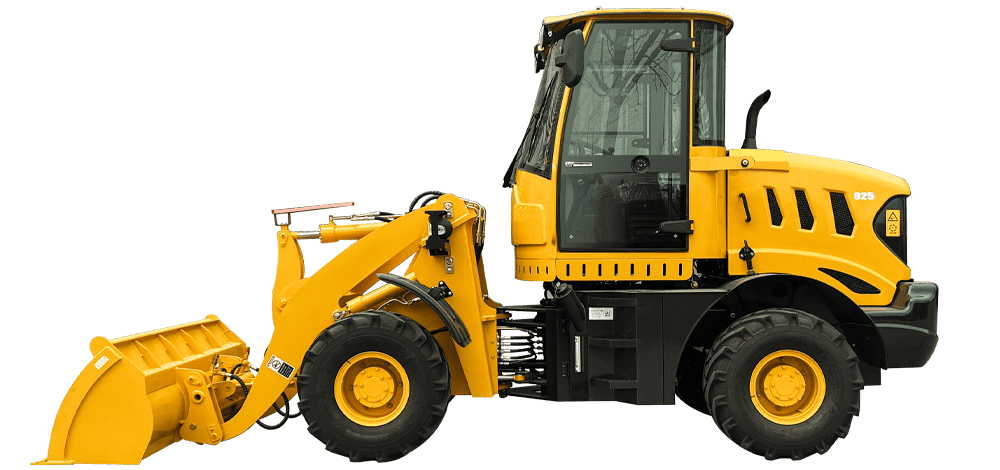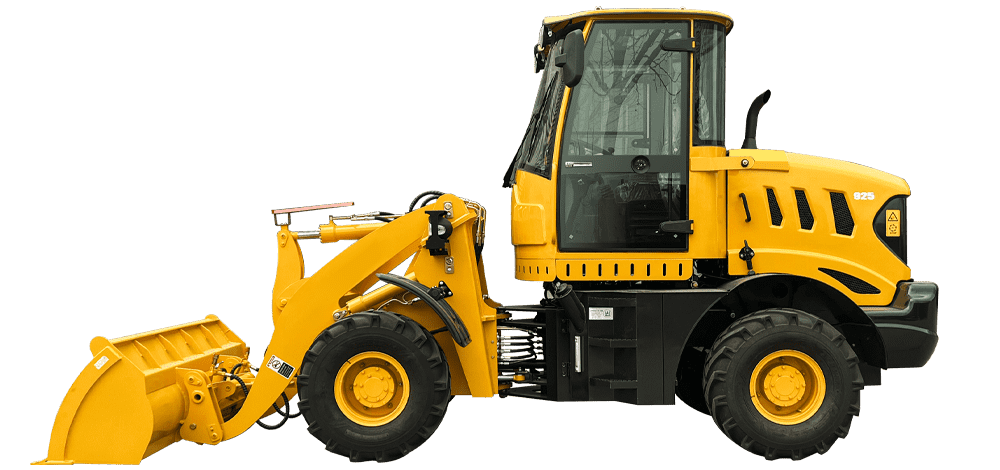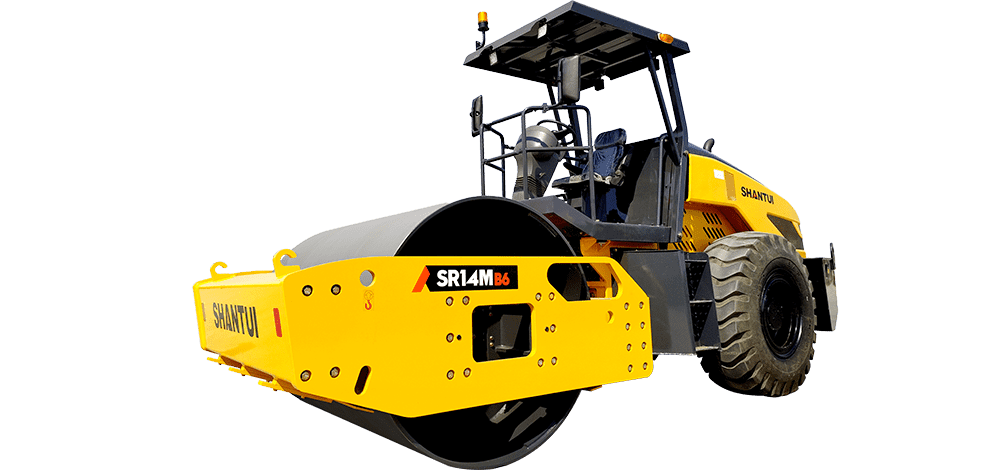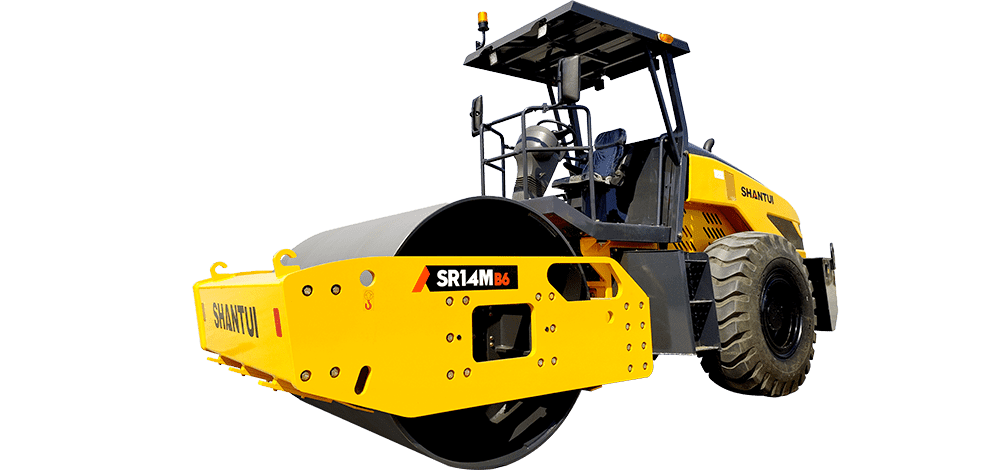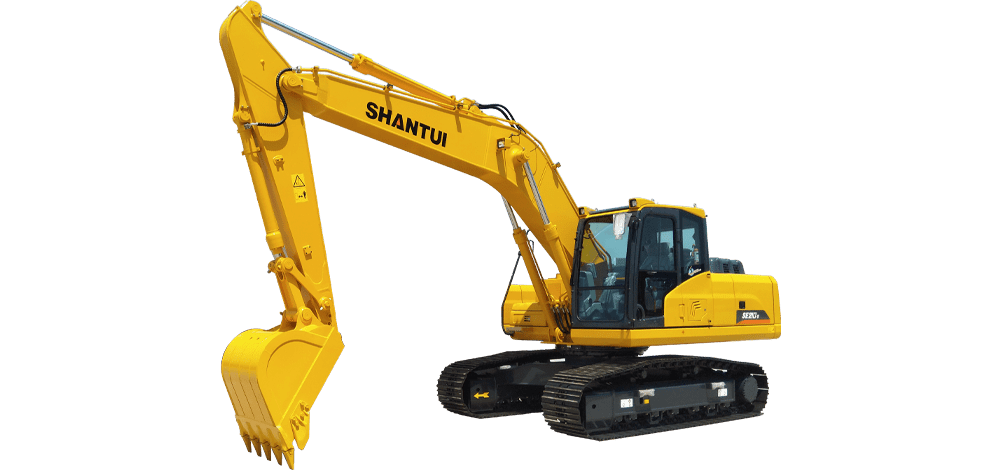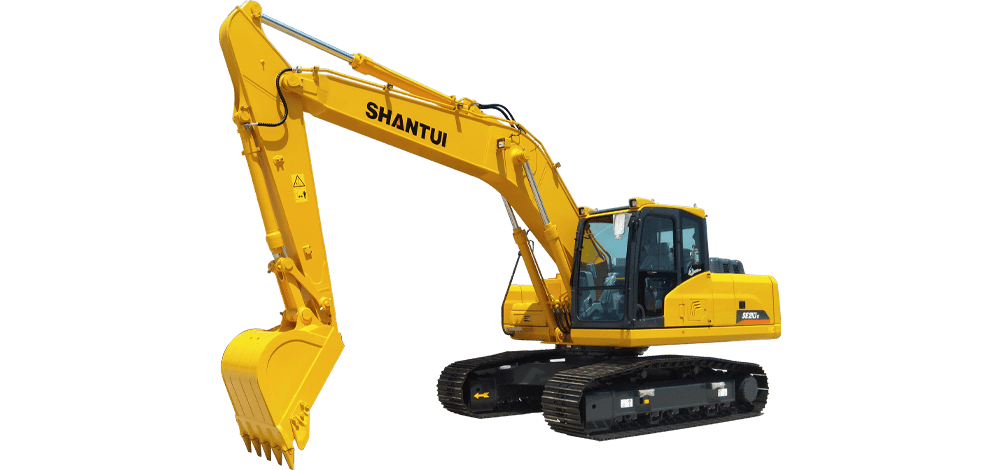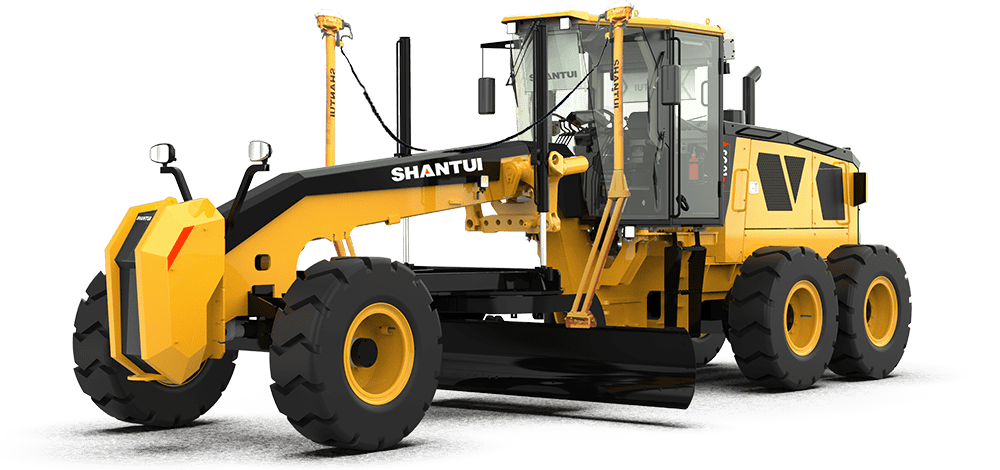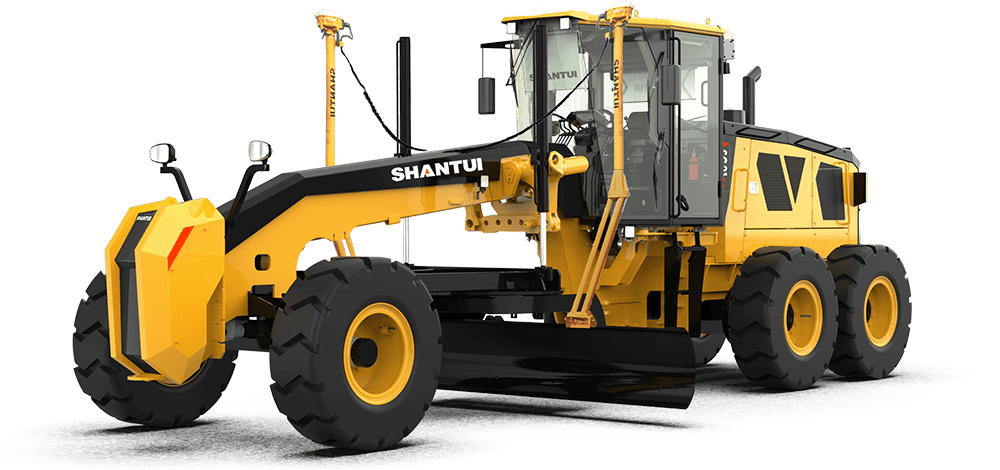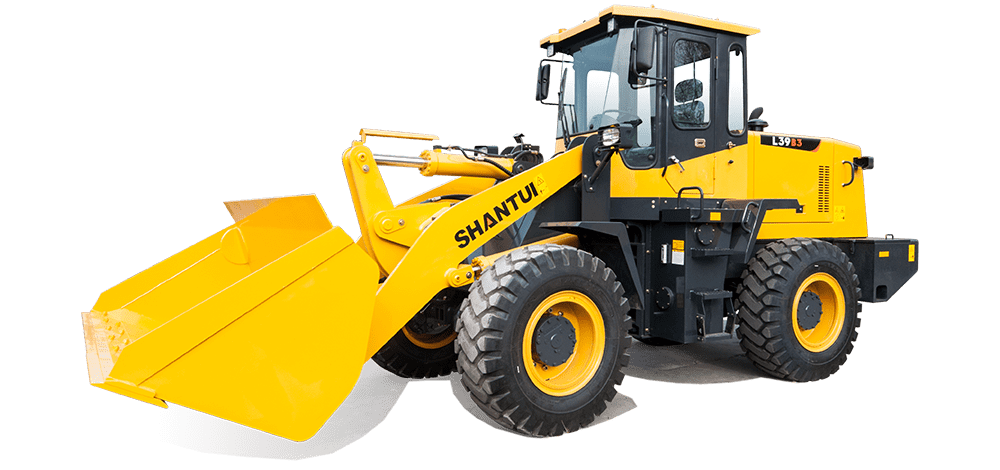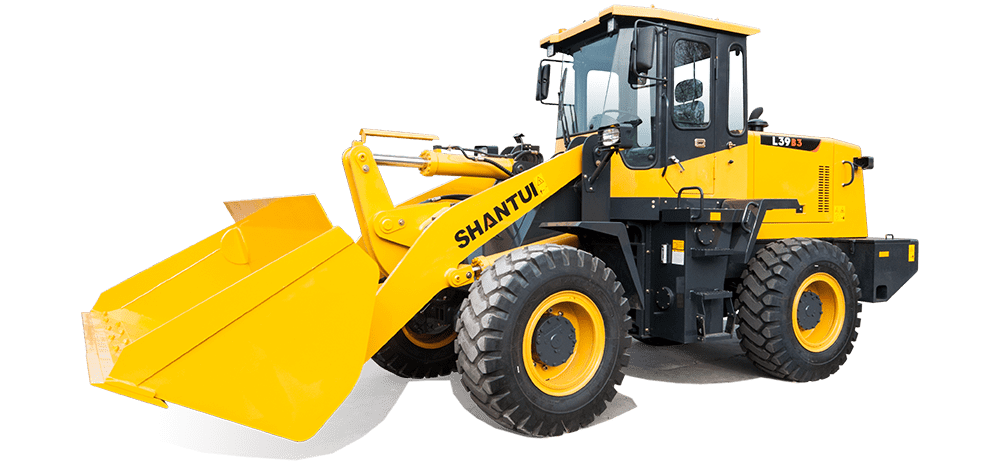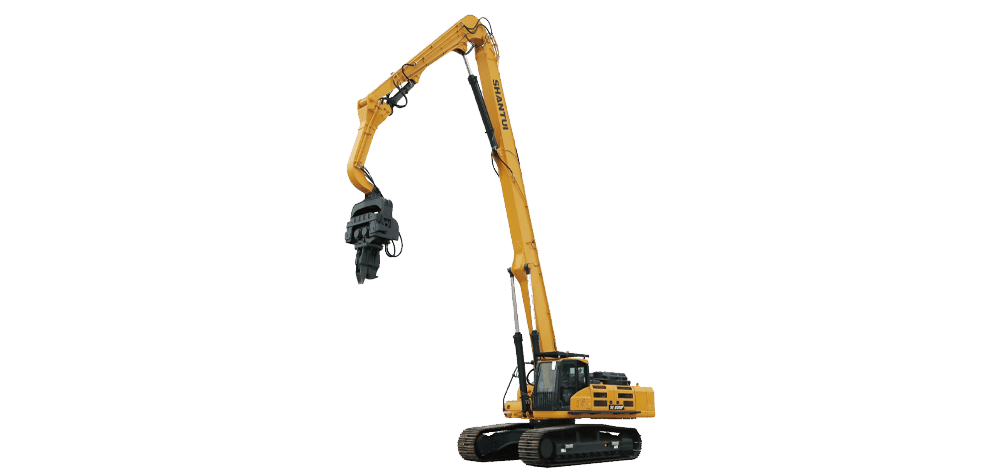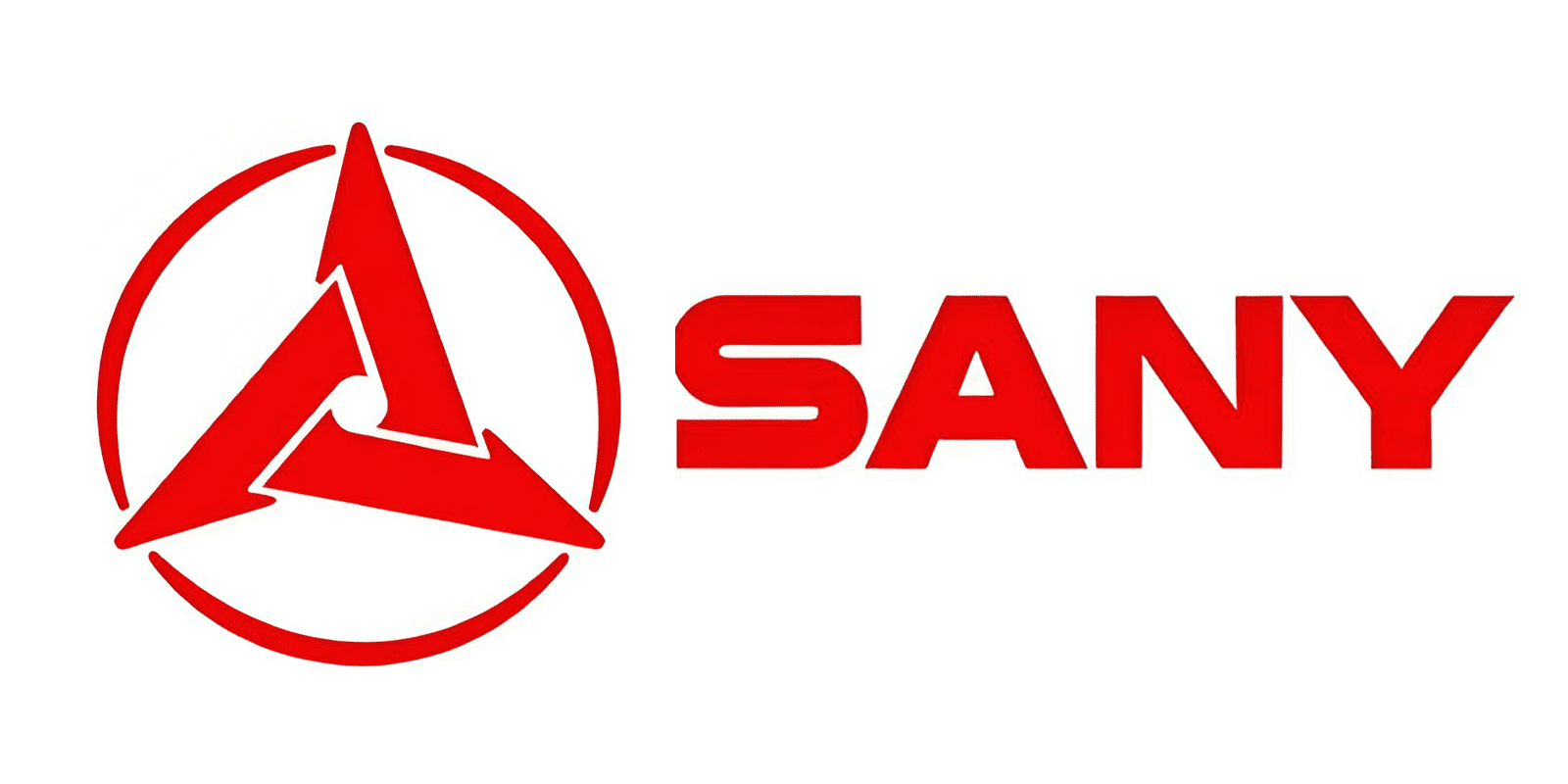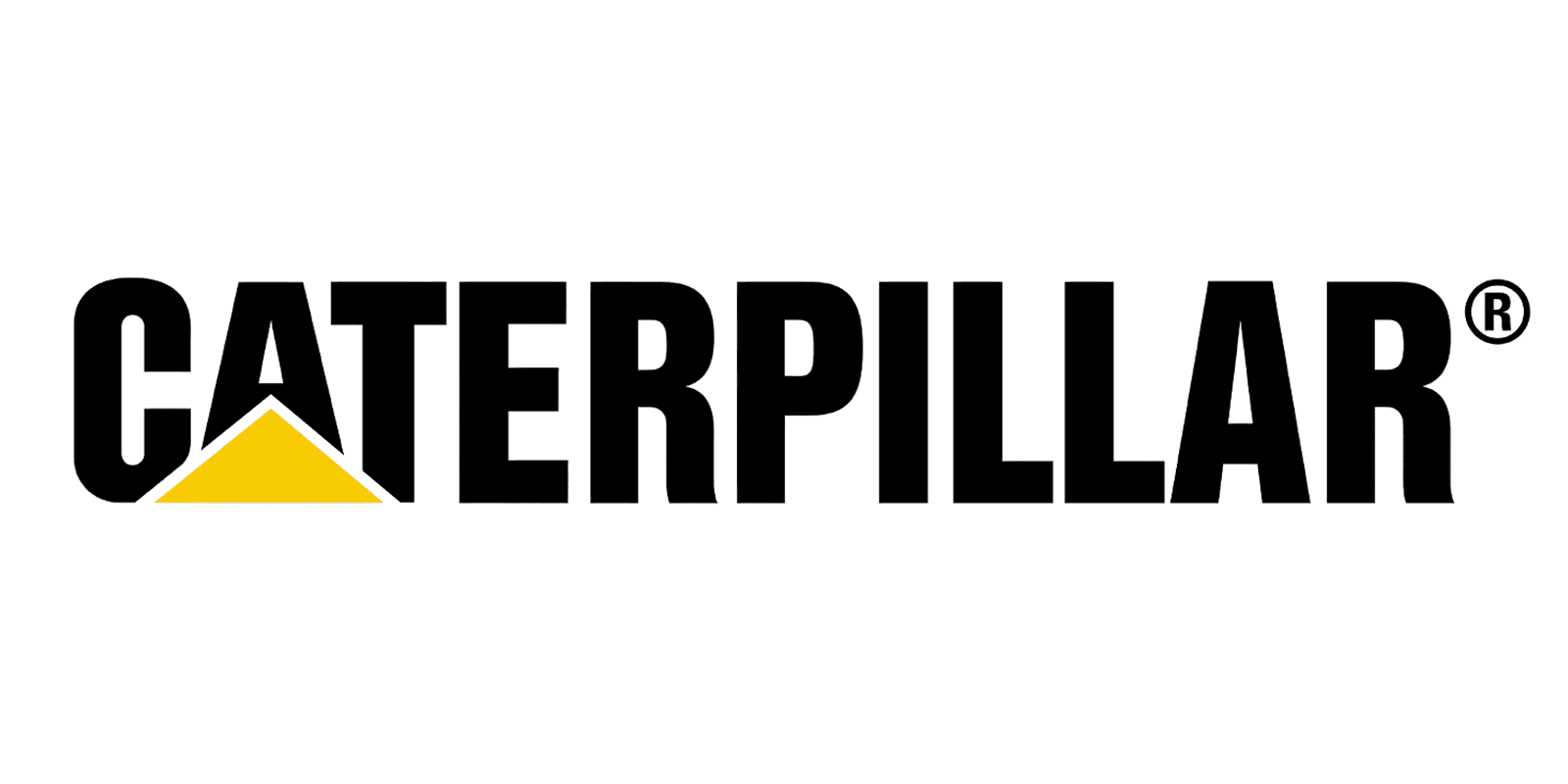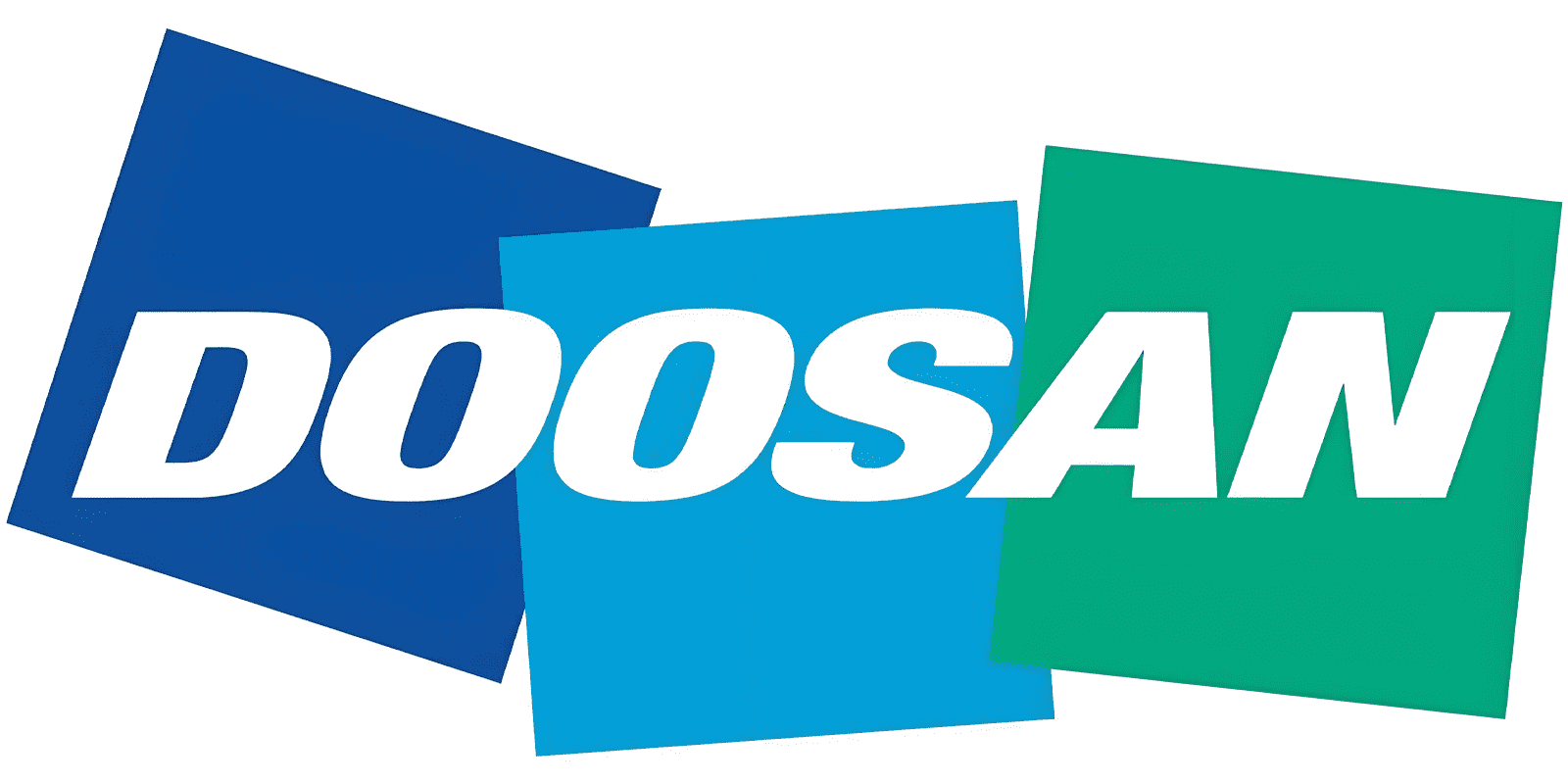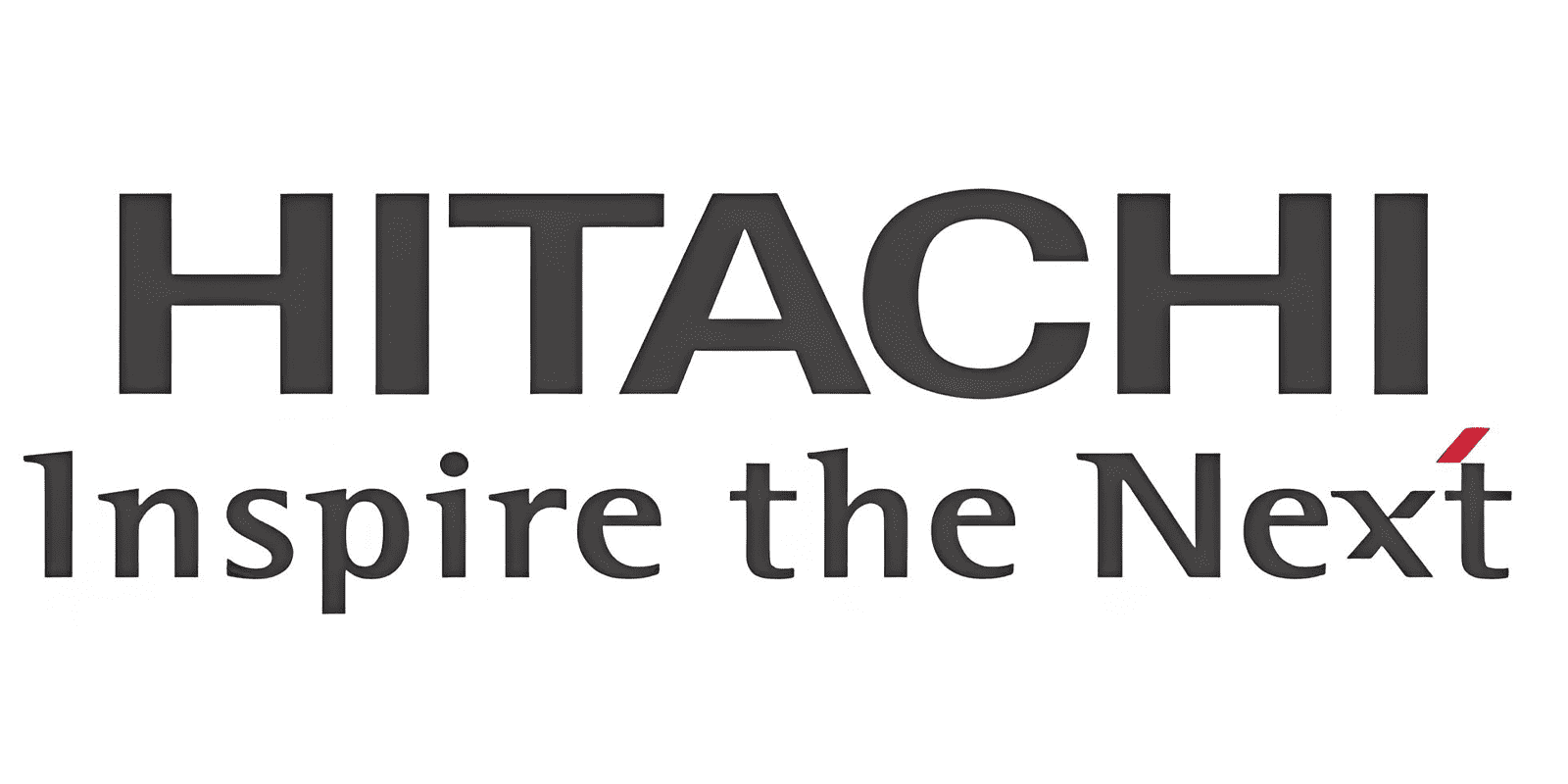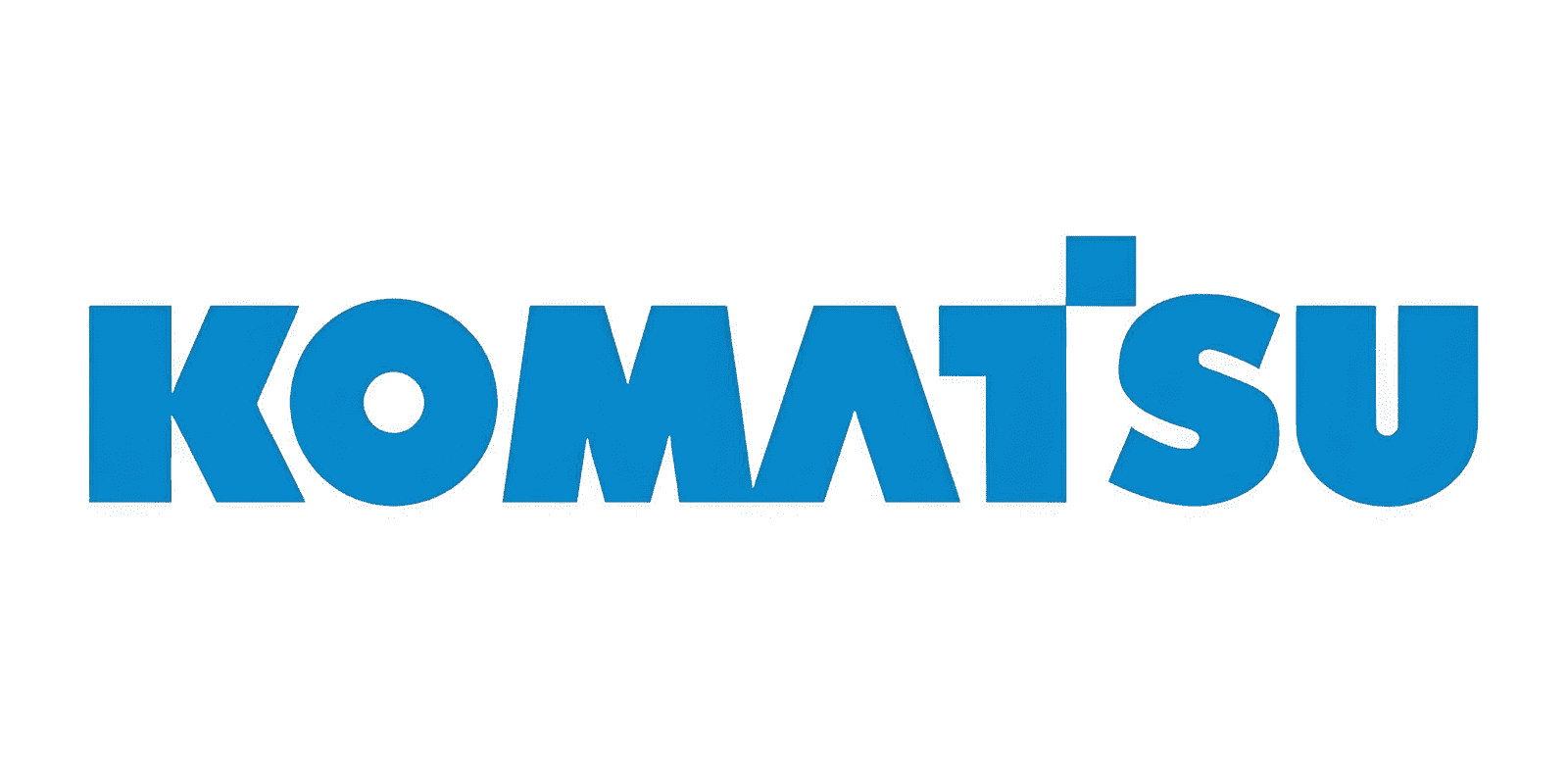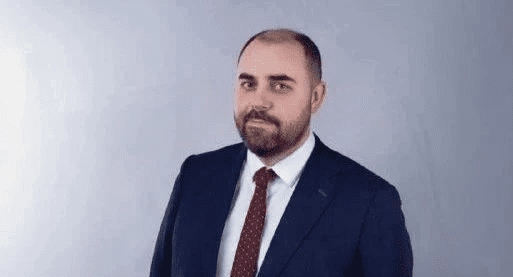On May 26, Russian President Vladimir Putin held a meeting with business representatives. Yegor Gennadyevich Teplov-Barysha, Director and Board Member of the Russian Association of Importers and Manufacturers of Specialized Equipment, provided an interpretation of the current situation faced by specialized equipment importers following the meeting.
The primary goal of the meeting was to send a clear and unambiguous signal to all market participants—importing foreign products will hinder the development of domestic manufacturing. In President Putin’s own words, he fully supports the proposal by entrepreneurs to “tighten imports,” because “otherwise, we won’t develop any industries at all.”
Against this backdrop, foreign companies have no choice but to urgently advance production localization. Under the current circumstances, the most reasonable and feasible solution is joint localization with Russian enterprises. This approach ensures technology transfer while offering greater commercial stability compared to foreign companies establishing wholly-owned factories in Russia (which may withdraw at any time for various reasons). This concept fully aligns with the mission of the Russian Association of Importers and Manufacturers of Specialized Equipment: achieving production localization and technology transfer through regulated import development.
I believe it is necessary to establish a “List of Special Equipment” and create a green channel for these products to enter the Russian market. It should be noted that such equipment is currently exempt from recycling fees and enjoys relatively low tariffs, but specific details still require further consultation with market participants. Based on a series of studies conducted by the Association, we have drawn several conclusions:
First, the decline in the specialized equipment market far exceeds the figures released by the Ministry of Industry and Trade and the “Russian Special Machinery” company. Our monitoring indicates a drop of over 50%. Only a reduction in the Central Bank’s key interest rate can reverse this trend. The agricultural machinery and automotive dealership sectors are also facing a demand crisis, indicating an urgent need for economic stimulus measures.
- Second, importers handling equipment from Eastern countries (Construction equipment made in China) face two major challenges: excessive competition due to brand proliferation and a lack of technical support from manufacturers. The latest decisions by the Russian President and the policies of the Ministry of Industry and Trade will eliminate companies that fail to meet customer quality requirements, refuse to comply with after-sales service rules, or reject localization. More than half of importers believe joint localization with Russian companies holds great promise.
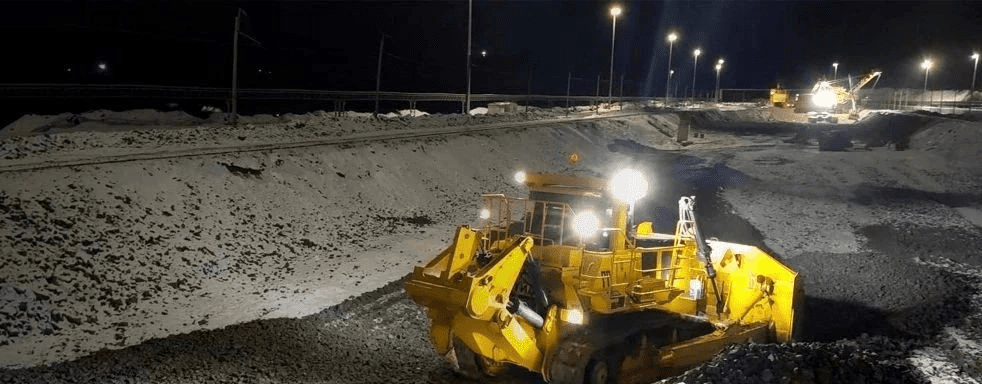

In summary:
1.Import substitution will be rigorously enforced, even if domestically construction equipmentis temporarily more expensive.
2.The only path for foreign companies to sell in Russia is localization, with the best option being cooperation with Russian enterprises.
3.The Russian specialized equipment market will accelerate consolidation, leaving only domestic companies and foreign brands that achieve localization with high-quality service and robust spare parts supply systems.
4.The number of dealers will also shrink sharply, with only those deeply tied to international brands, advancing localization, possessing strong service systems, and ample financial reserves surviving.
5.The market will usher in a new landscape: more sovereign, technologically stronger, with premium dealers transforming into key carriers of technology transfer.
Keywords:

